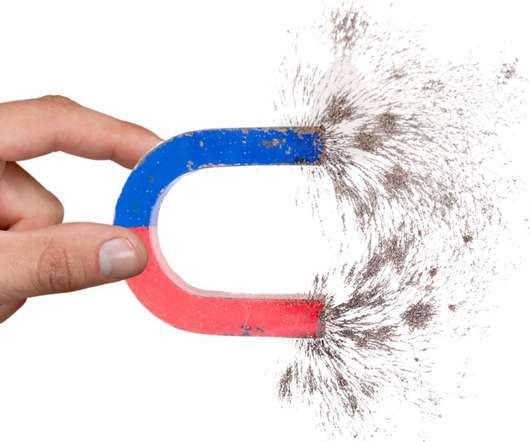Economic Uncertainty Hits Millennials; Only 1/3rd Feel They are Middle Class
Small Business Labs
MARCH 21, 2016
The Guardian's US millennials feel more working class than any other generation covers data from the General Social Survey showing that the number of millennials (born 1980 to 2000) who consider themselves middle class has fallen from 45.6% in 2002 to 34.8% How will I be able to afford a wedding?”.












Let's personalize your content